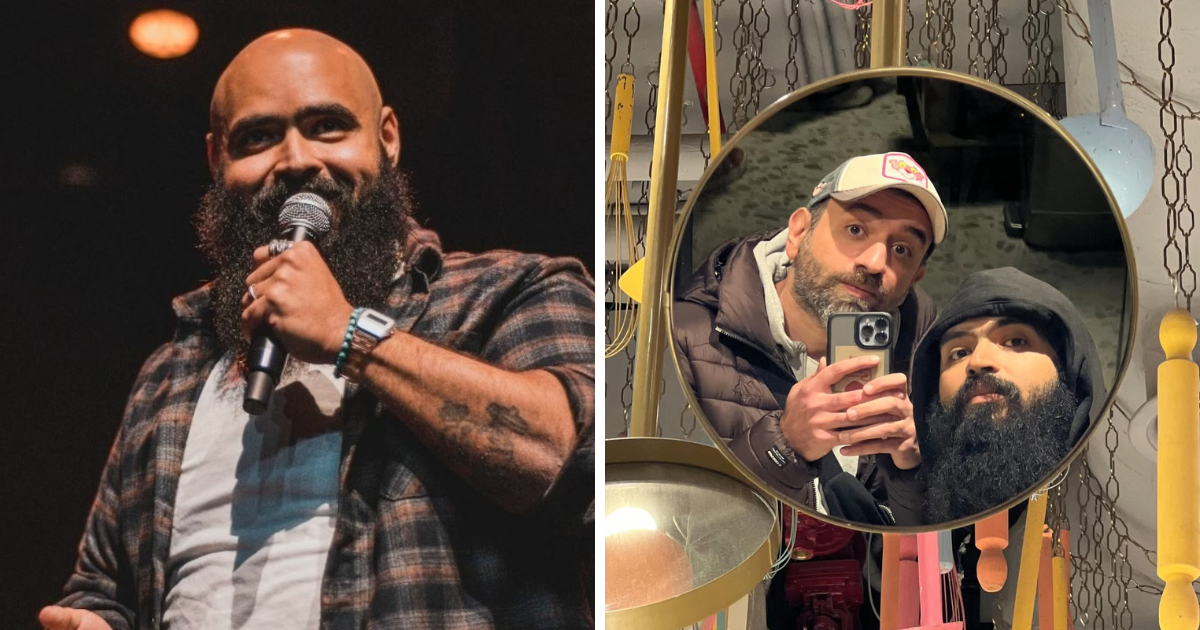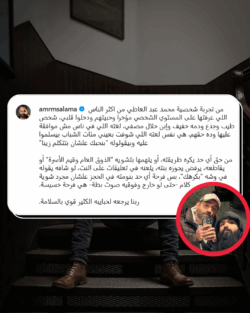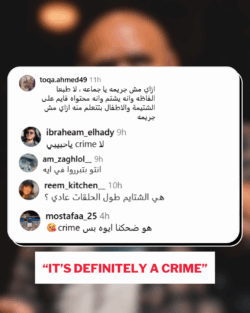Minimum custom amount to enter is AED 2
By donating, you agree to the Privacy Policy and Terms of Service

When well-known Egyptian YouTuber Mohamed Abdelaty was recently arrested — along with several TikTokers — the online reaction was instant and intense.
View this post on Instagram
According to the Ministry of Interior, the group was detained for sharing content that “violated public decency and Egyptian values.” But what might seem like a clear legal matter quickly turned into a broader cultural flashpoint.
Abdelaty wasn’t just known for his bold persona and comedic edge. To many, he was someone willing to say what others wouldn’t — discussing topics like addiction, Palestine, and mental health in a way that resonated, especially with younger Egyptians.
Supporters flooded social media with messages defending his impact and style.
Director Amr Salama posted that Abdelaty was one of the kindest, most genuine people he’d met recently, questioning why anyone would celebrate his arrest “over a few words.”

On the other side, critics weren’t quiet. Many pointed to his constant swearing, explicit tone, and how easily his videos reach impressionable viewers. For them, this wasn’t cancel culture — it was accountability.

The backlash wasn’t limited to Abdelaty. Others arrested in the same sweep included Sozy El Ordoneya, Shaker, and Modahem, after complaints were filed accusing them of promoting harmful content.
The arrest has sparked a national conversation: where is the line between expression and offense? And who gets to draw it? In Abdelaty’s case, the internet remains split — and the debate is far from over.
Next: Suzy El Ordoneya is Facing a Legal Battle for EGP 15 Million Money Laundering
Minimum custom amount to enter is AED 2
By donating, you agree to the Privacy Policy and Terms of Service